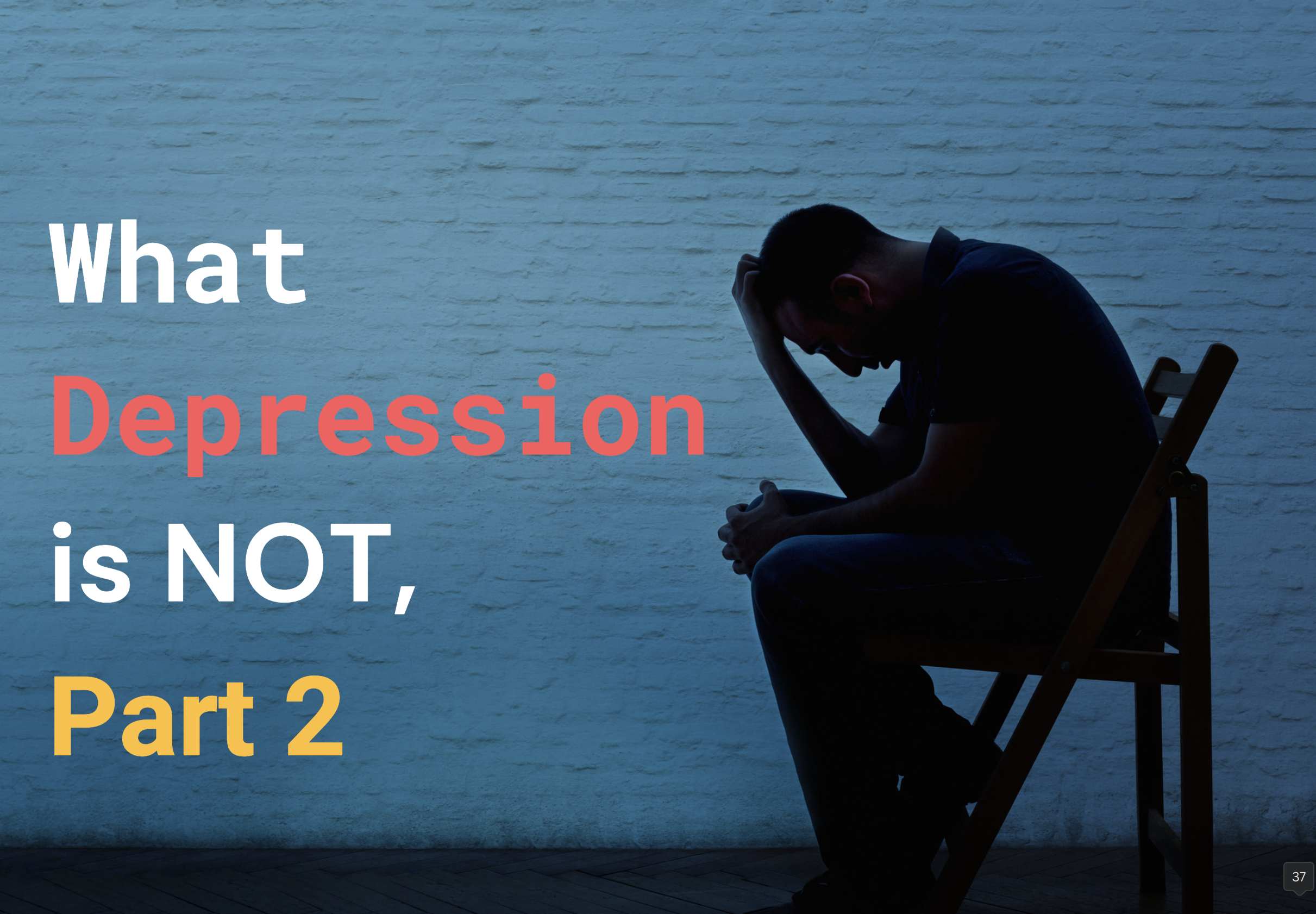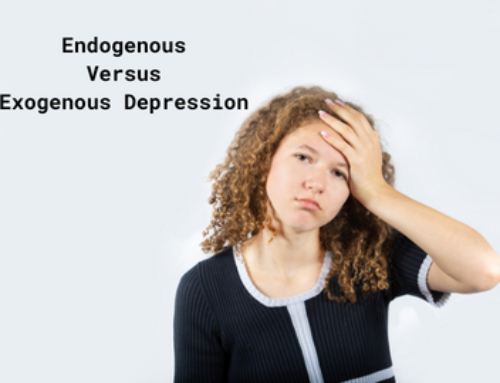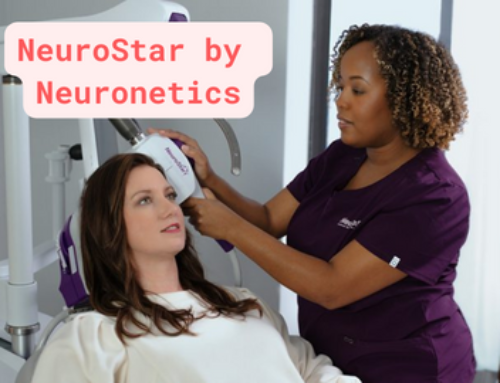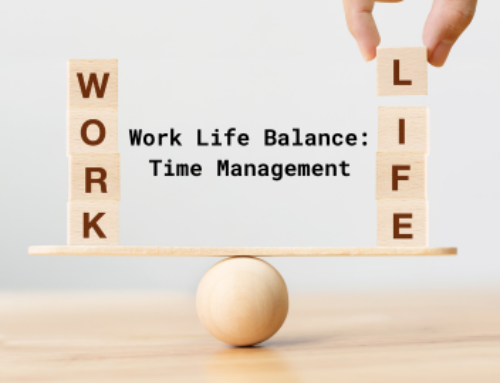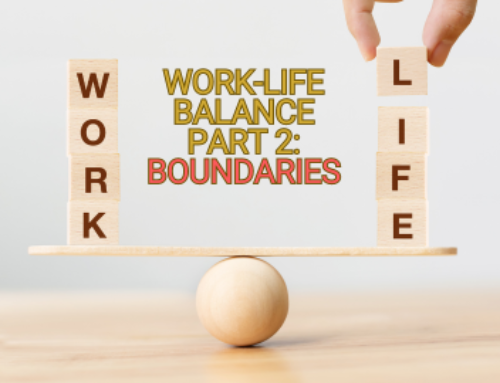What Depression is Not, Part 2
There are many myths about depression floating around out there, and part of our job every day at Rochester Holistic Psychiatry is to help dispel those myths to help people better understand themselves, their situation, and their options. One of the biggest myths we come across is that depression is just one thing, a mental disorder characterized by symptoms like sadness, withdrawal, and problems focusing on tasks.
We offer psychiatric health services to patients with a variety of physiological issues, from major depressive disorder (MDD) to generalized anxiety disorder (GAD). Depression is only a blanket term for many types of distress. This is why it’s so important to work with each patient and their healthcare team to make a plan. The objective is remission. MDD is one diagnosis in a range of depressive disorders. That is the myth we’re concentrating on today—that depression is one thing. The below are details on some depressive disorders.
1. Pregnancy-associated forms of depression like postpartum and antepartum depression. These come with their unique cocktail of hormones that combine in ways that cause great pain and need extra attention to help new parents cope.
2. Seasonal depression. Typically experienced during the winter, seasonal affective disorder (SAD) is associated with lack of sunlight, low Vitamin D, fewer outdoor activities, and spending more time indoors.
3. Dysthymia, a form of recurrent depression that might or might not have any sort of “schedule” or event it revolves around, like a season or place in a hormonal cycle.
4. Manic depression, now called bipolar disorder. Bipolar involves “high” periods of mania, characterized by excess energy, and “low,” depressive periods.
5. Depression associated with steroid use. Steroids are hormones, and hormonal imbalances are a classic factor in developing anxiety and depressive disorders.
6. Psychotic depression, involving delusions and sensory fluctuations including visual and/or auditory hallucinations.
7. Depression associated with body dysphoria. This includes eating disorders, various forms of self-harm, gender dysphoria, and more.
8. Depression associated with the menstrual cycle’s hormonal fluctuations, like premenstrual dysphoric disorder (PMDD).
9. Depression associated with menopause and andropause, more distress stemming from hormonal changes.
10. Aytpical depression. As its name suggests, atypical depression does not fit in well with any specific diagnosis. Hopefully it is only a placeholder term until a diagnosis can be made and the patient’s treatment plan can be modified accordingly.
One of the many reasons depression is such a menace is that it is a complex, deceptive spectrum of negativity stemming from so many different factors, from ongoing trauma to genetic influence to chronic physical pain. Every patient is unique, and every patient deserves the highest quality care. Always begin any new health regimen with a visit to a general practitioner for tests, counsel, and referrals. For questions and appointments, contact us on our website or call (585) 442-6960.

